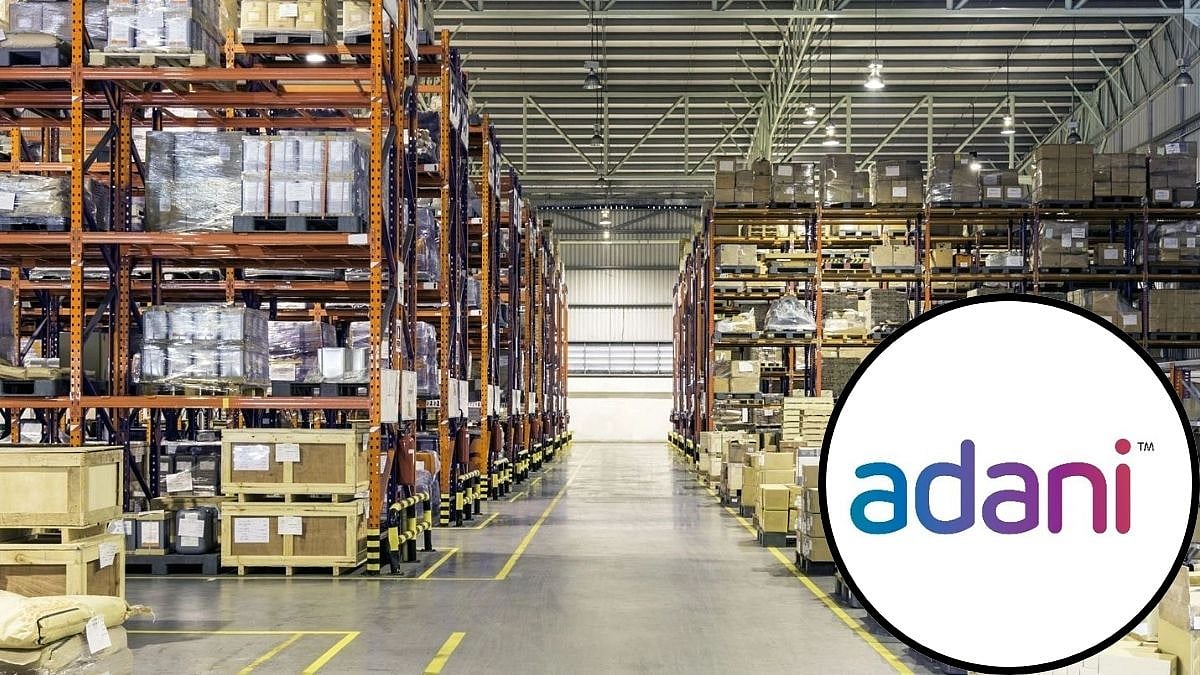Amid the excesses of innovation transforming the pandemic landscape, there is one aspect of business that focuses on eliminating waste to build successful organisations.
This approach encourages entrepreneurs to launch a lean or sustainable business by adopting a cost-effective strategy that will optimise resources. Today, enterprises big and small are operating in an uncertain marketplace and need actionable insights to drive growth. In this context, the concept of a ‘lean’ startup is making an impact on ventures of all kinds.
The term ‘lean startup’ has gained relevance at a time when the pandemic has ravaged global economies and disrupted the status quo of even established corporates. The origin of the phrase can be traced to entrepreneur and author Eric Ries, who coined the term ‘The Lean Startup’ to underscore the importance of building startups that employ the philosophy ‘less is more’.
American educator and entrepreneur Steve Blank is credited with launching the “Lean Startup” methodology that offers unique techniques to enable founders to hit the ground running instead of creating an elaborate business plan that may lack an aggressive customer-centric approach. According to this approach, the essence of building a lean startup lies in its ability to adapt, iterate and pivot to improve its success rate.
Besides new enterprises, even large corporations have benefited from applying lean startup principles to build faster and better, and enhance the customer journey. General Electric embraced the lean startup ethos by experimenting rapidly and saving significant dollars in development costs.
Building blocks of a lean startup
There has never been a more opportune time to launch a startup. The pandemic witnessed a surge in startups the world-over, the majority engaging in game-changing innovation with limited resources.
In the current times, when organisations across industries need agility and flexibility, “going lean” may give them the right perspective to survive beyond the COVID-19 crisis. In my view, aspiring entrepreneurs should improve their innovation processes to usher in best practices that would result in fewer failures.
Now, more than ever, new businesses should ask tough questions at the outset to deliver lean solutions that will take them closer to customers. Let us look at some of the key traits of a lean startup:
Go frugal
The basis of a lean startup lies in its commitment to reduce costs without compromising on efficiency. The concept of frugal innovation came to the forefront during the pandemic when distilleries and breweries pivoted to manufacturing and distributing hand sanitisers. Besides young innovators, even established industry leaders like auto major Mahindra used existing resources to manufacture ventilators, PPE kits, face shields and masks for frontline health workers.
Validate your idea
Increasingly, the startup world is using lean techniques to effectively test products and shorten the product development cycle. Unlike conventional product development, lean startup principles prioritise customer testing before the product is refined and launched. The Minimum Viable Product (MVP) approach reduces product failures and makes innovation a rigorous scientific process at minimal cost.
Pivot at the right time
The way small businesses pivoted to meet customer needs during the pandemic has been nothing short of impressive. For example, the traditional kirana (local provision) stores pivoted by digitising their ledgers and accepting payments through digital wallets in response to evolving customer behaviour. Even established startups intuitively applied lean thinking and chose to pivot to sustain their growth trajectory. For instance, food delivery major Swiggy pivoted to the grocery business to adapt to changing consumer habits.
Go lean to be seen
Going lean is no longer a mere fad in the business world. Significantly, it may no longer be a choice. I believe it is crucial that startups learn how to fail fast rather than stagnate or shut down. They should be on the path to continuous learning and innovation that will create more value, both for their company and the ecosystem at large.
Today’s startups must have the ability to be nimble, resourceful and take quick decisions to stay relevant. Entrepreneurs should develop an appetite for risks and build a scalable business model based on valuable customer feedback before building the product. There should be room to experiment and iterate in an uncertain marketplace.
The creation of a robust innovation economy largely depends on progressive policy measures and the quality of its entrepreneurial class. While there is no foolproof strategy for a startup to succeed, those that are scaled by applying lean thinking principles, are better prepared for a lower failure rate—and a better shot at tomorrow.
(Mahankali Srinivas Rao is Chief Executive Officer,T-Hub. Views are personal)









